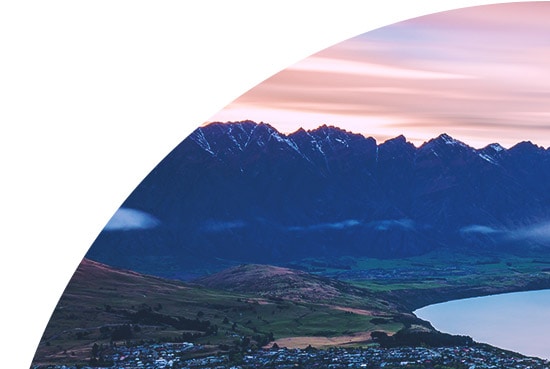Zika virus is usually transmitted by the bite of an infected Aedes species mosquito. These mosquitoes are most active during the day, especially during mid-morning, then late afternoon and dusk through to evening. For most people it's a very mild infection with minor or no symptoms, but is more of a risk to pregnant woman as it could result in certain birth defects.


Travel Vaccinations for Solomon Islands
Recommended Vaccines for Solomon Islands
The level of protection needed depends on your medical history and travel itinerary. Book now to get a personalised recommendation from our specialist travel nurses. The consultation costs £20 plus any vaccines you decide to take.
Flexible appointments with no upfront payment
Book Now
Destination Information for Solomon Islands
Medical and emergency facilities in the Solomon Islands are extremely basic. There are two hospitals available, the main one being in Honiara, but this is poorly equipped and understaffed, with entire units closing with little notice. If you’re planning a trip to the Solomon Islands, you’re likely to be a confident travel and used to being independent. Take a well-stocked medical kit with you, and plan to self-treat in most cases, except for serious illness or injury. You may need to be evacuated to Australia in the event that you need complex treatment, so ensure that you have good travel insurance in place to cover this.
Travel vaccines and malaria tablets are recommended before travel so visit a travel clinic for the necessary treatment and advice. Take extra steps to avoid being bitten by mosquitoes. Although malaria can be prevented by taking anti-malarial drugs, Dengue Fever and Zika virus are prevalent, for which there is no vaccine. Cover bare skin, and use a good insect repellent at all times.
Tourists and visitors to the Solomon Islands should be vigilant about personal security. In busy places such as markets and popular beaches, theft and bag snatching is common, as well as distraction thefts and confidence tricks.
If you’re a confident and independent traveller, the Solomon Islands offer the perfect opportunity to explore jungles, rainforests and traditional village culture away from the crowds. There are plenty of adventures to be had here. The best time to go depends whether you’re planning to hike and explore inland or if your priorities lie with coastal activities like diving or snorkelling. The shoulder seasons of April-May and October-November offer a good compromise with generally calm, dry weather.
Infections and Outbreaks frequently change from country to country and by attending our clinics you will be given the most up to date clinical and safety advice from our team of specialists. Our advice to you often includes aspects such as:
- Food and water hygiene
- Insect and animal bite avoidances
- Personal safety
- Sexually transmitted infections
- Sun protection
- Altitude sickness
Malaria and regions within country:
All of the Soloman islands are considered high risk of malaria.



